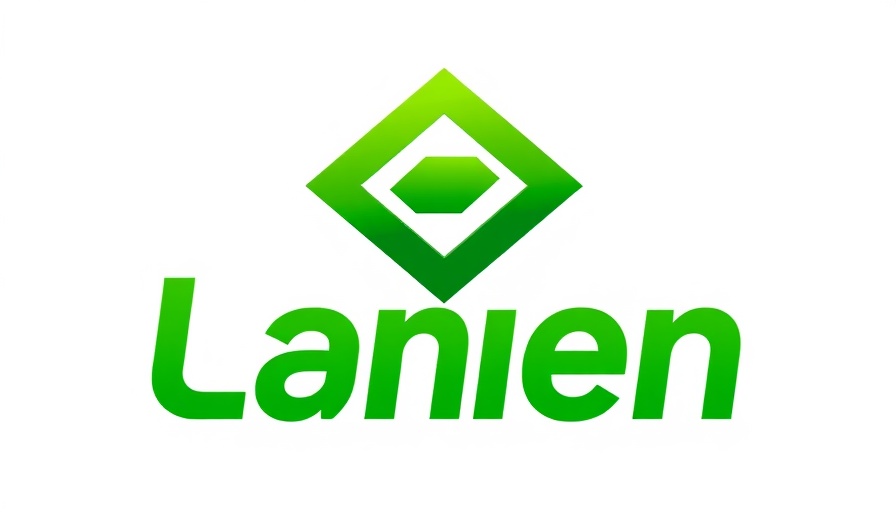
Understanding ACH Loans: A Quick Overview
An Automated Clearing House (ACH) loan, often referred to as a cash flow loan, offers small businesses an expedient solution for short-term financing. The primary benefit lies in its swift approval process and automated repayment system, which eases the burden of tracking payments. However, business owners must approach these loans cautiously due to their frequent repayment schedules and higher interest rates compared to traditional loans.
Convenience at a Cost
ACH loans can be particularly appealing for small business owners facing unexpected expenses or seeking to seize growth opportunities. Their fast approval process—often within 24 hours—means funds can be deposited directly into the business account for immediate use. Nonetheless, the trade-off comes in the form of frequent repayments, which can occur daily or weekly, and can quickly strain a business's cash flow, potentially leading to financial distress.
The Loan Process Simplified
The application process for an ACH loan is relatively straightforward compared to traditional loans. Lenders typically evaluate a business's cash flow rather than relying solely on credit scores. This aspect makes it a viable option for businesses that may not qualify for other forms of financing. Notably, repayments are systematically deducted, minimizing the risk of late fees. However, these convenience factors do not mitigate the underlying risks associated with high-interest rates and frequent payment schedules, which must be carefully assessed by business owners.
Cautionary Tales: Risks and Consequences
While ACH loans can provide essential cash flow, there are numerous cautionary tales of businesses overextending themselves. Small businesses that have opted for these loans sometimes find themselves trapped in a cycle of repayment that does not correlate with their revenue generation. Data shows that many borrowers who rely heavily on these loans face significant debt burdens that can lead to insolvency.
The Future of Business Financing
As trends continue to shift towards immediate access to capital, it is critical for small business owners to remain informed about the implications of using ACH loans. As more financial technologies emerge, lenders are bound to offer products with varying structures and terms, making it essential to explore alternative financing options. Business owners should consider factors such as loan duration, interest rates, and repayment formats to ensure sustainability.
Making Informed Decisions
Before committing to an ACH loan, business owners should conduct diligent research. It is valuable to compare multiple lenders and understand the terms associated with each offer. Additionally, consulting with a financial advisor can help ensure that the loan aligns with the company's long-term financial strategy. By weighing the pros and cons, businesses can make informed decisions that foster growth without jeopardizing their financial stability.
Frequently Asked Questions (FAQ)
What is an ACH loan?
An ACH loan is a form of financing where funds are quickly deposited into the borrower’s account and repaid automatically through the ACH network, often featuring daily or weekly payment schedules.
What are the typical loan amounts?
ACH loan amounts usually range from $5,000 to $500,000, depending on lender criteria and the business's financial health.
Is an ACH loan the right choice for my business?
It's essential to consider your cash flow, the purpose of the loan, and your ability to manage repayments. If used strategically, an ACH loan can be beneficial, but it requires careful planning.
Take Action for Financial Stability
For small business owners considering an ACH loan, understanding both its advantages and risks is critical. Make the most informed decisions by doing thorough research and exploring multiple financing options. Achieving financial success is not just about quick cash; it's about sustainability and growth. Don't hesitate to seek professional advice to navigate your financial journey!
 Add Row
Add Row  Add
Add 




Write A Comment